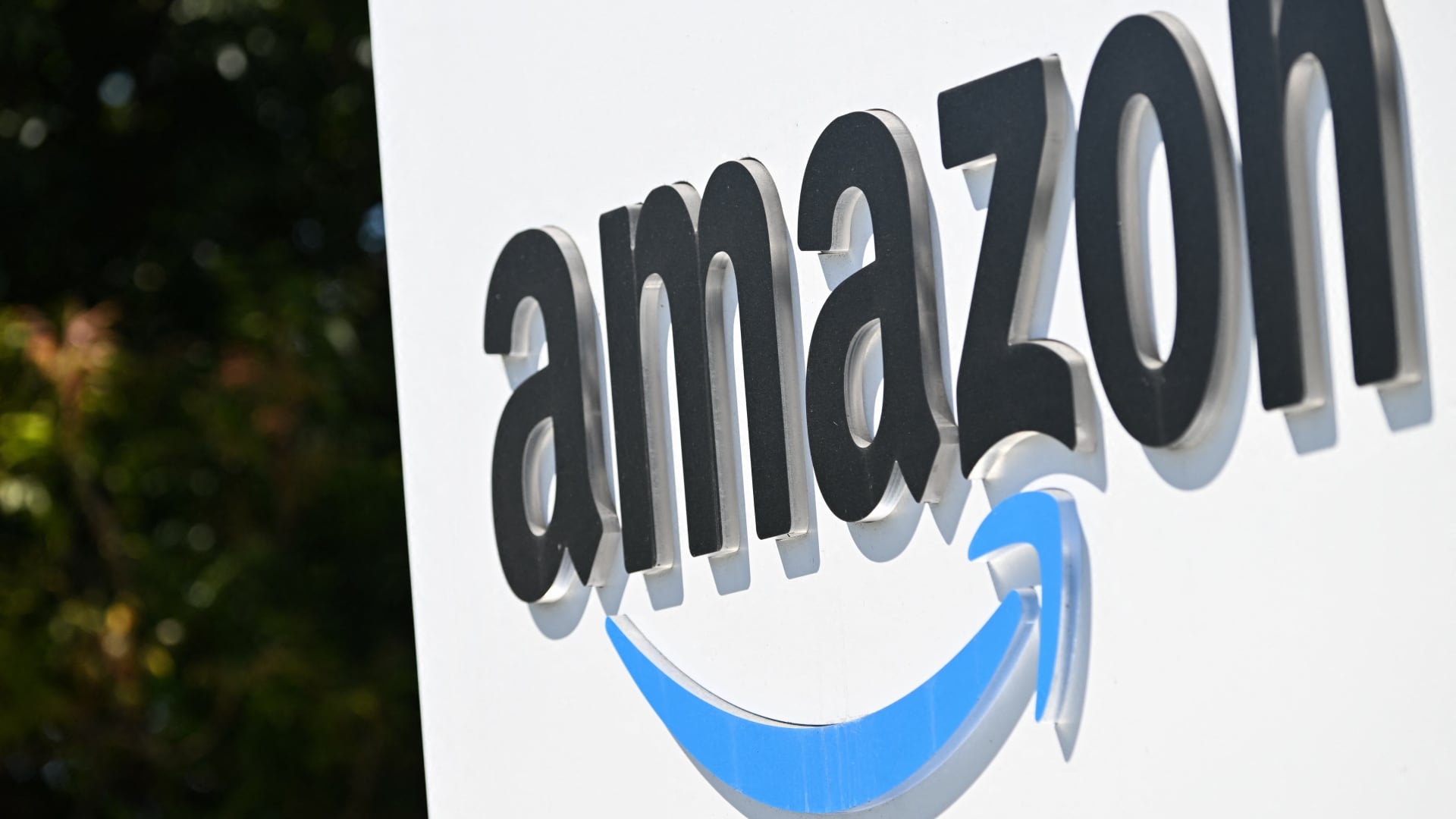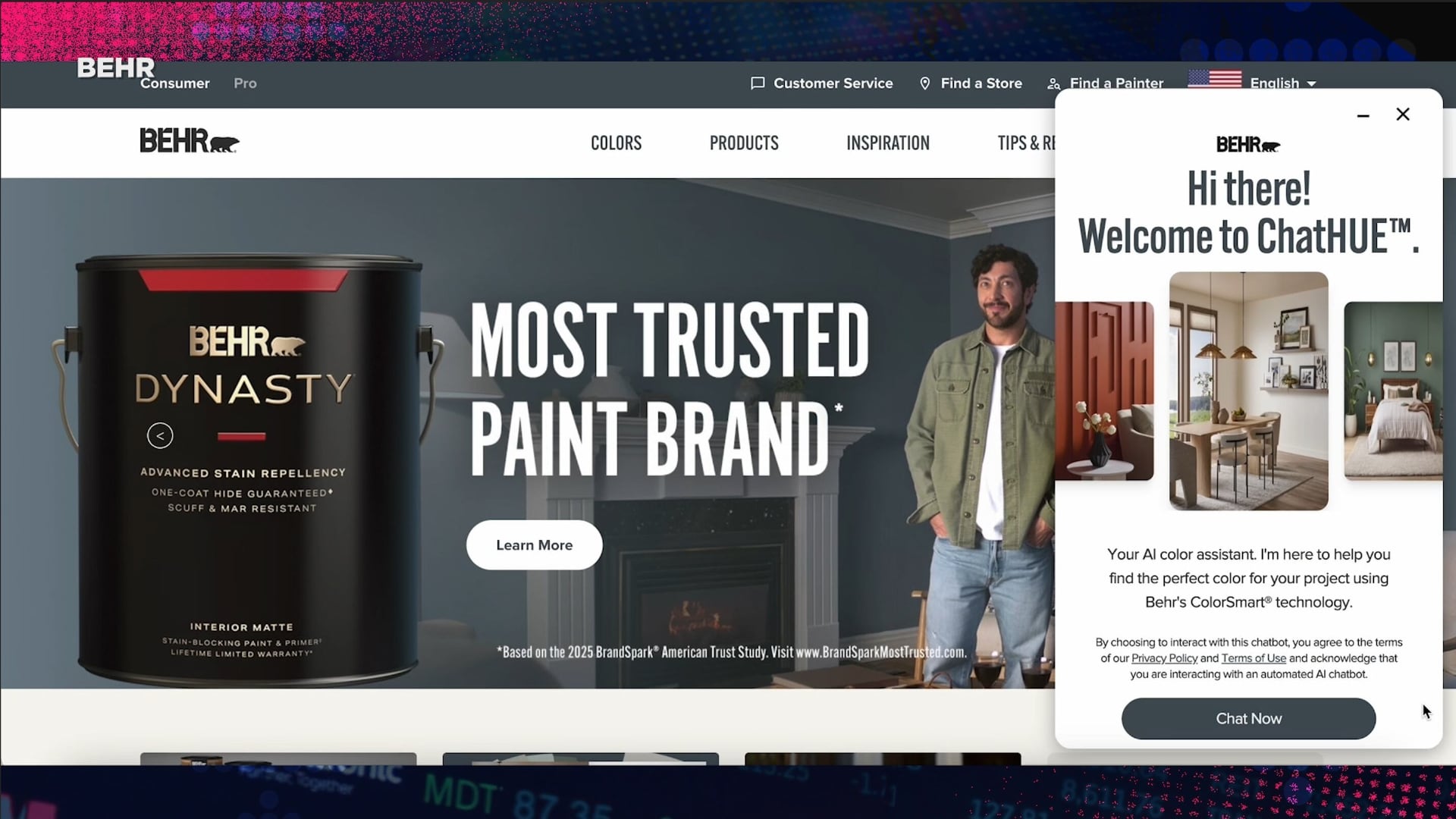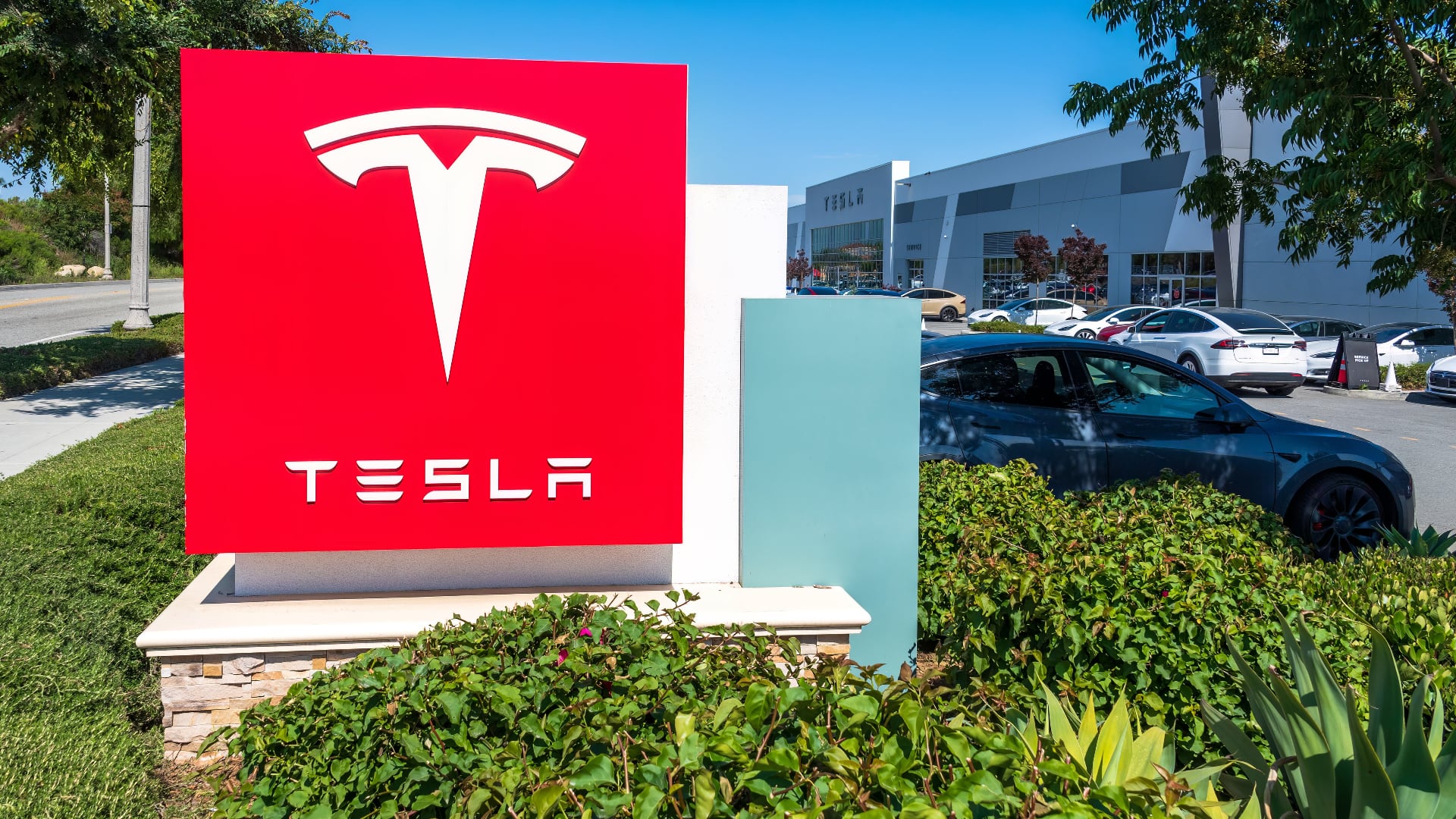*By Carlo Versano* When Box launched 13 years ago, the cloud was still a meteorological term. The company, which provides cloud content management and file-sharing services for companies, was at the vanguard of the software-as-service model that has since upended office productivity across industries. Aaron Levie, the co-founder and CEO of Box ($BOX), told Cheddar that the success the company has had can be traced to an early and prescient "pivot" that it made from focusing on individual customers to enterprise teams. "We thought we could out-innovate the traditional incumbents in enterprise software and technology," Levie said. Box's ability to play in the big leagues ー it now has 87,000 customers, including two-thirds of the Fortune 500 ー is because of its structure, Levie said. The company eschews a top-down hierarchical approach in favor of lots of small teams that are empowered to make quick decisions, and then own them. It allows for better accountability, agility, and employee happiness. "That is the style of work we live by," he said. Still, Box owns "maybe two percent" of what's believed to be a $30 to $50 billion enterprise software market, in Levie's estimation. As it scales, Levie said he's determined not to lose that nimble start-up mindset that has shaped Box's culture. "All people want to come into work and have a significant amount of impact on the business," he said. "This is the modern way of working." For full interview [click here](https://cheddar.com/videos/box-ceo-aaron-levie-on-companys-position-in-the-market).












